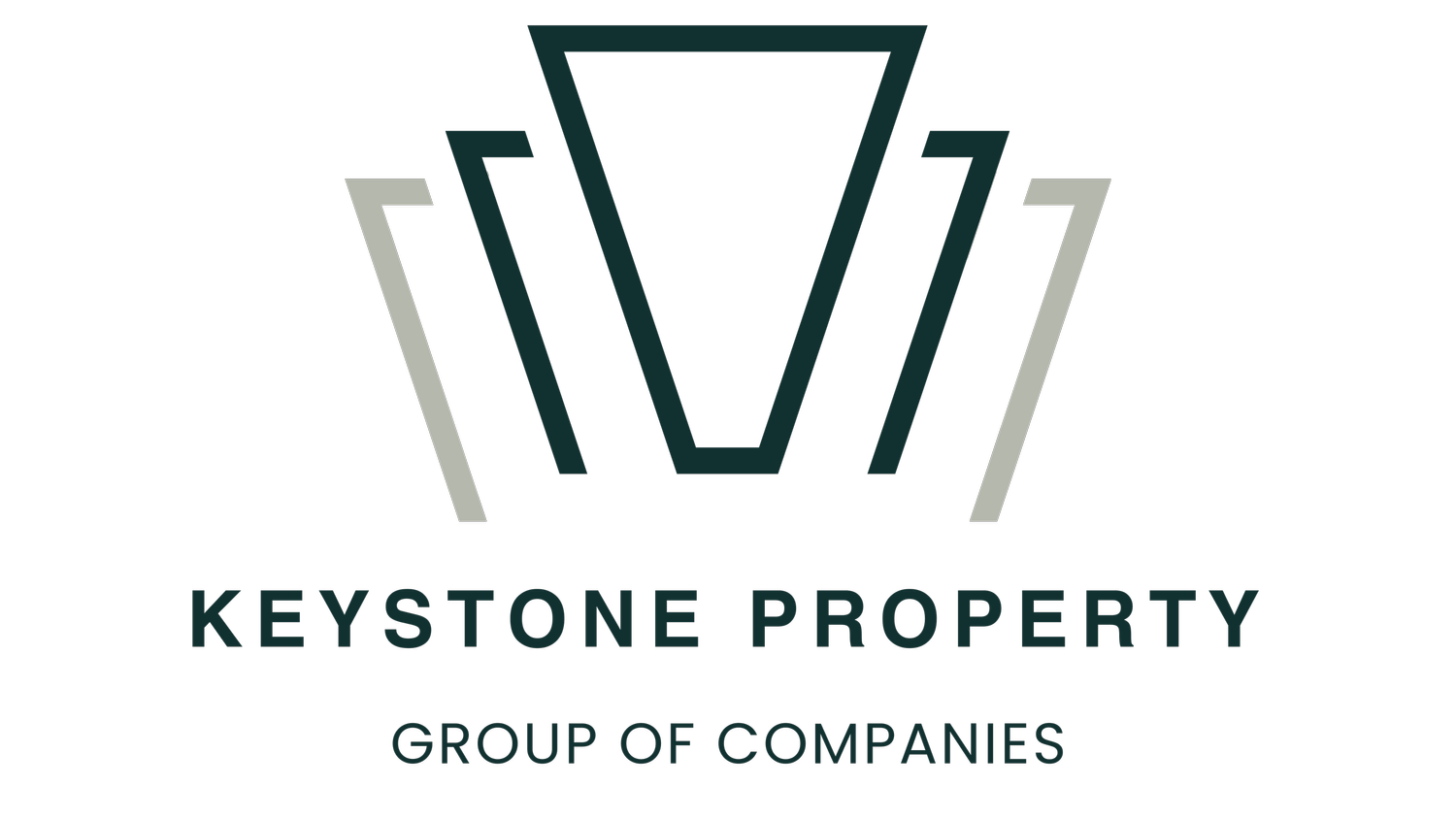Asset Managers Vs. Property Managers: Roles and Responsibilities
Ever wondered who’s really driving your commercial property’s success? Discover the key differences between Property Managers and Asset Managers—and how we combine their strengths to maximise your returns.
When investing in commercial property, it’s crucial to understand the distinct roles of a Property Manager and an Asset Manager. Both contribute to the success of your investment, but their responsibilities differ significantly.
At our company, we combine elements of both roles in what we call "full life cycle active asset management." Let’s first break down each role to make things clear.
What Does a Property Manager Do?
A Property Manager handles the day-to-day operations of a property. Their job is to keep the property running smoothly and efficiently by managing tenants and maintaining the building. Key tasks include:
Managing Tenants
They ensure tenants follow lease agreements and handle everyday tenant concerns.Maintenance and Repairs
They organise routine upkeep, fix urgent issues, and coordinate services like landscaping or cleaning.Rent and Financial Management
Property Managers collect rent, handle overdue payments, and provide regular financial updates to owners.Compliance with Regulations
They ensure the property meets all legal requirements, like safety standards, and make sure tenants use the property according to the lease terms.
In short, Property Managers focus on daily operations to keep the property running smoothly.
What Does an Asset Manager Do?
An Asset Manager takes a strategic approach to maximise the property’s overall value and return. While Property Managers handle day-to-day tasks, Asset Managers focus on the bigger picture. Their main responsibilities include:
Investment Strategy
They develop plans to increase property value through improvements, better tenant mixes, or rent adjustments.Portfolio Management
They oversee multiple properties, making decisions about buying, selling, or refinancing to improve overall returns.Financial Oversight
They track long-term financial health, analyse performance, and minimise risks to ensure the investment meets its goals.Market Analysis
Asset Managers study market trends and economic conditions to decide when to hold, sell, or acquire new properties.Risk Management
They anticipate potential risks, like tenant vacancies or market changes, and create strategies to mitigate them.
In essence, Asset Managers focus on long-term growth and profitability.
Our Hybrid Approach
Our team combines the strengths of both roles in a unique strategy we call "full life cycle active asset management." We primarily focus on the strategic aspects of asset management while partnering with external Property Managers. At the same time, we retain some hands-on property management tasks to maintain strong tenant relationships and maximise property potential.
This blended approach ensures your investment is well-managed in the short term and strategically positioned for long-term growth.

